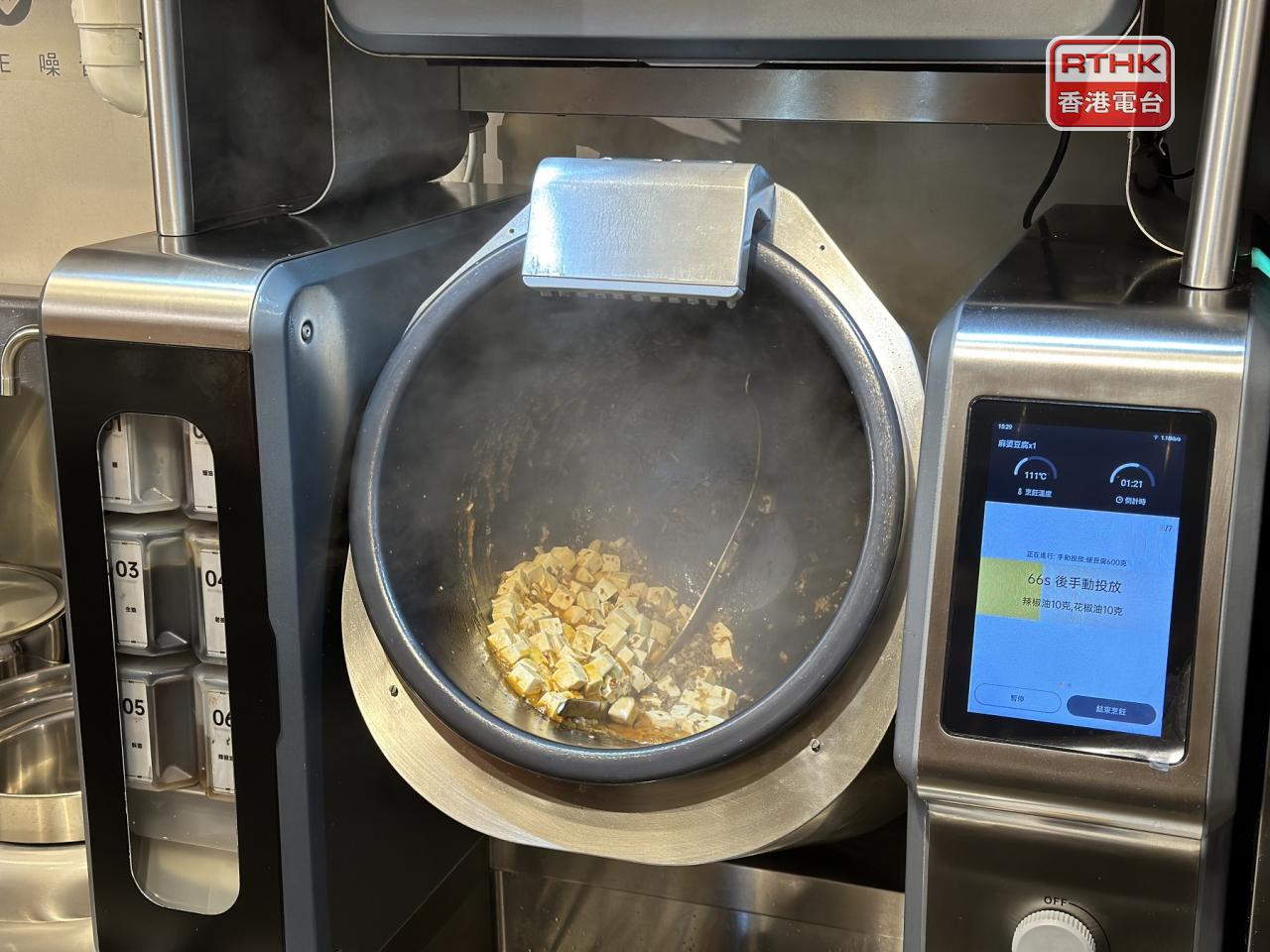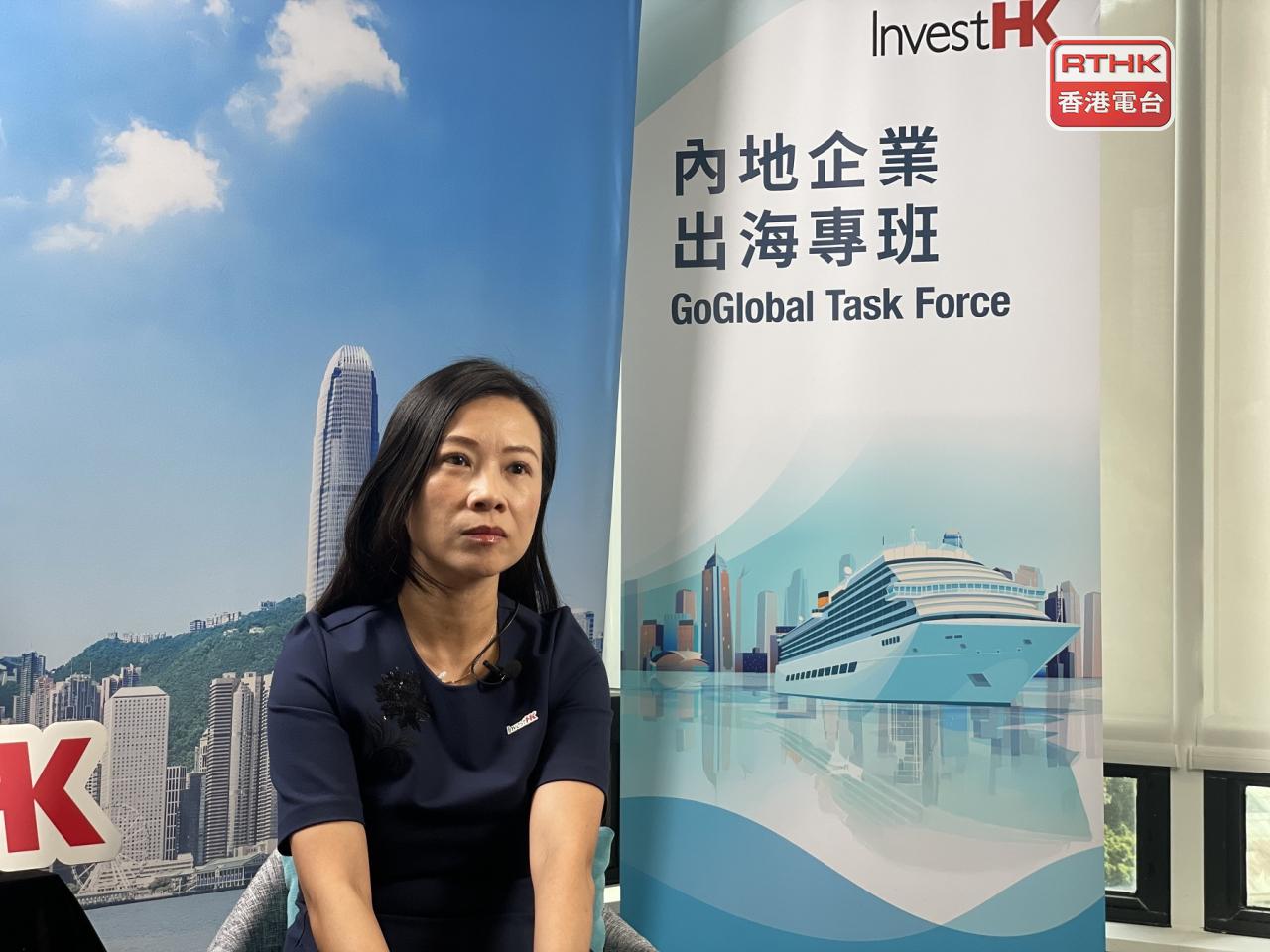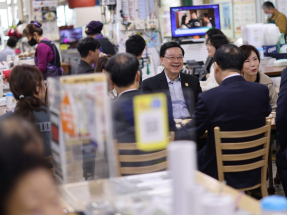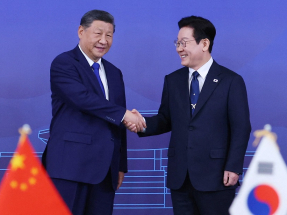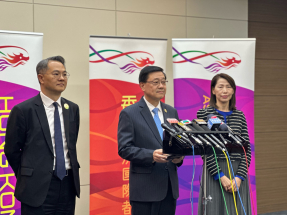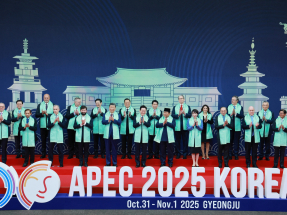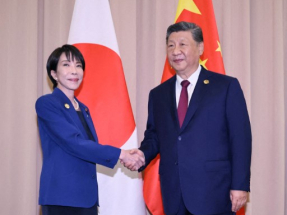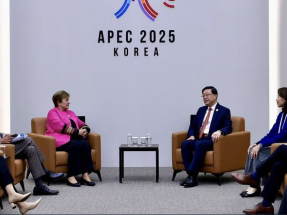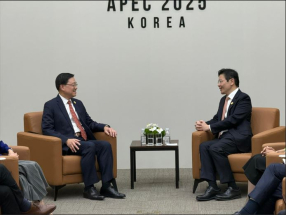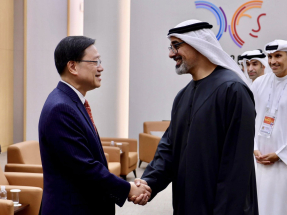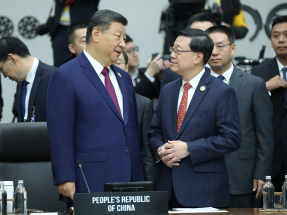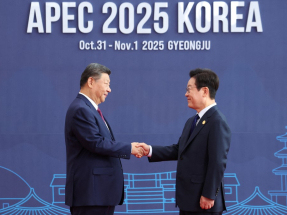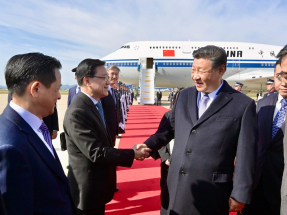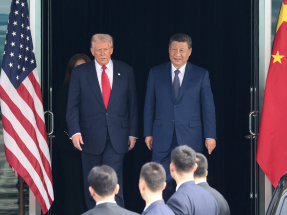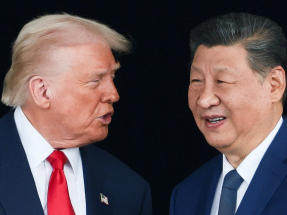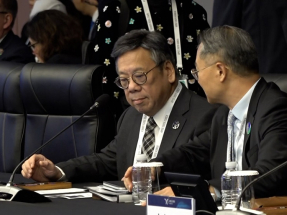Shirley Chen's Shenzhen-based kitchen robotics firm has expanded rapidly in four short years, using Hong Kong as a gateway to the global market.
Chen is CEO of Botinkit, a Shenzhen-based company specialising in cooking robots. The firm has a presence in more than 20 overseas markets, including South Korea, since it was set up in 2021.
She said the South Korean market's willingness to embrace new technologies – and its proximity to China – made it easier to build a working team there.
"In South Korea, the automation of the robotics is very, very hot. And all the big companies, they have a very high attention about how to introduce robots into their business, and also they pay great attention and resources to automation as well," Chen told RTHK.
"At the same time, in South Korea, there are many young people [who] cannot cook at home, so they prefer to go outside to eat. That's why the catering industry and the restaurant industry in South Korea is very, very good. So the demand is also very high there."
Botinkit has sold some 100 cooking robots in South Korea alone. These state-of-the-art devices can stir fry, add seasoning and clean up by itself with little human effort.
"There are digital recipes built inside, and you just press the button and the robots can start cooking," Chen said.
"For the benefits, we solve the problem of labour, because there is a lack of chefs around the world."
The firm has worked with restaurants and catering services in South Korea, while looking to broaden its clientele to include supermarkets and convenience stores.
China and South Korea are among each other's top trading partners, and President Xi Jinping's attendance at the upcoming Asia-Pacific Economic Cooperation summit is expected to further boost bilateral business and economic ties.
Hong Kong also plays a key role for mainland enterprises such as Botinkit seeking overseas expansion.
The firm set up shop in the SAR before going global, with help from the city's investment promotion agency.
"They will require a specific licence to operate, [with enquiries on] how to recruit people, how to find a location, how to register a trademark. All these are the mainland enterprises' concerns," said Sindy Wong, head of tourism and hospitality at InvestHK.
To further encourage mainland enterprises to use the SAR to go global, Chief Executive John Lee announced in the Policy Address in September the setting-up of a dedicated GoGlobal Task Force, as well as a one-stop platform by mobilising Hong Kong offices abroad, including those under InvestHK.
The task force aims to offer targeted and tailor-made one-stop support solutions for mainland firms, further strengthening the SAR's role as an international business and trading hub.
InvestHK will coordinate and support the work of the GoGlobal Task Force.
And it's not just one-way traffic.
Wong also said the world's second-largest economy is drawing business owners from South Korea, with Hong Kong serving as a springboard for overseas enterprises accessing the mainland market.
"Interestingly, a lot of Koreans, they are now learning Mandarin... That shows how interested Koreans are into Hong Kong and Chinese culture.
"Apart from being part of the community, a lot of Koreans are interested in expanding into China. Hong Kong is the very first step for them. They want to open their first overseas shop, a restaurant in Hong Kong, to understand how to do business with mainlanders or with other parts of Asia."





